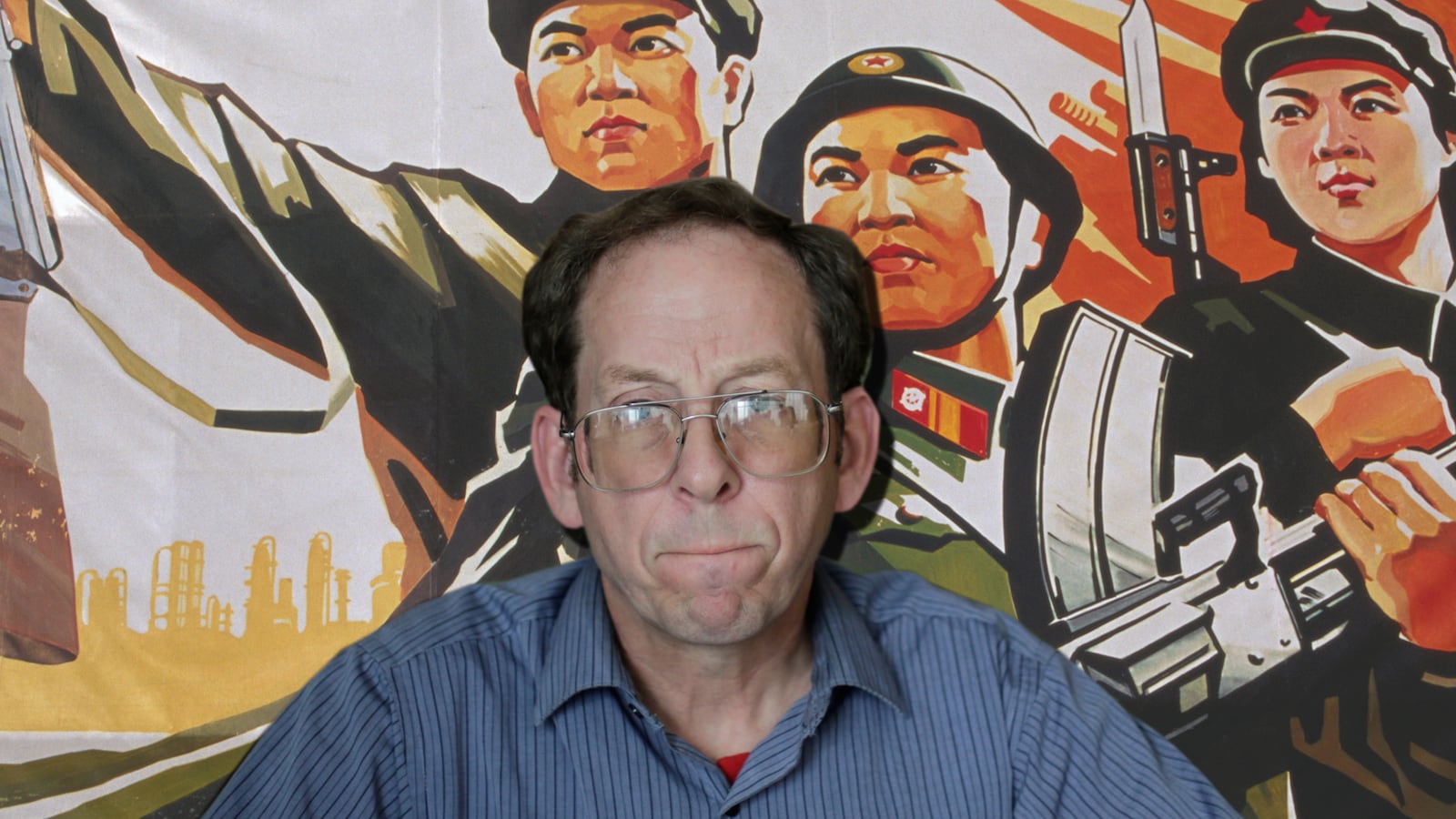North Korea is offering no reason for its decision Tuesday to release 56-year-old American Jeffrey Fowle, but the move could be the start of something big.
Fowle, of Miamisburg, Ohio, had been held by North Korea for almost six months. Charged with activities “contrary to the purpose of tourism”—leaving a Bible in a sailors’ club—he admitted guilt in a written statement. On Tuesday, he left the country on board a plane arranged by the U.S. Defense Department.
His release is not as big a surprise as it appears, but it is a sign of opportunities to come for the White House. After Pyongyang’s rupture with Beijing—something especially evident at the end of last year—it was just a matter of time before North Korea reached out to the Obama administration, which since the 2012 Leap Day Deal debacle had returned to a policy of “strategic patience,” waiting the North out. Since the break with Beijing—Kim regime officials are barely speaking to their Chinese counterparts these days—the North has begun talking to Moscow, its former sponsor, and even to longtime enemies Japan and South Korea.
At the beginning of this month, Gen. Hwang Pyong So, now thought to be the second-most powerful figure in the North Korean regime, headed a surprise visit to Incheon, South Korea, where he and the other 10 members of his delegation held exploratory talks with their opposite numbers.
There have always been divisions in Pyongyang over outreach to the international community, but it appears in recent months the differences have become more pronounced. And that means there are divisions for America to exploit.
The release of Fowle may be Pyongyang’s signal that it is ready to engage other nations in earnest. The North Koreans are usually willing to talk for various reasons: to get aid, to divide their adversaries, to create confusion. What looks different this time is that Pyongyang might be under new management.
The mysterious disappearance of Kim Jong Un for almost a six-week span, beginning after his last public appearance on September 3 and coming after four years of turbulence inside the ruling group, suggests that power has shifted. If so, new elements in Pyongyang might be willing to deal with the United States on a reasonable basis.
There are two big risks for Washington if it begins talks. First, the North will insist on being recognized as a nuclear power, something that is—for good reason—unacceptable to American policymakers and others both in the region and elsewhere.
Second, the Obama administration has to make sure that Pyongyang does not divide the United States from its allies, South Korea and Japan. So any discussions have to proceed with all three nations on board.
Should Washington go for North Korea’s gambit created by Fowle’s release? In the past, the international community has enticed the Kim regime to negotiate by giving up-front concessions. This time, perhaps we should insist that Pyongyang free the two other Americans it is known to be holding, Matthew Todd Miller and Kenneth Bae, before we talk. After all, the regime already has coughed up Fowle to get the conversation going.






